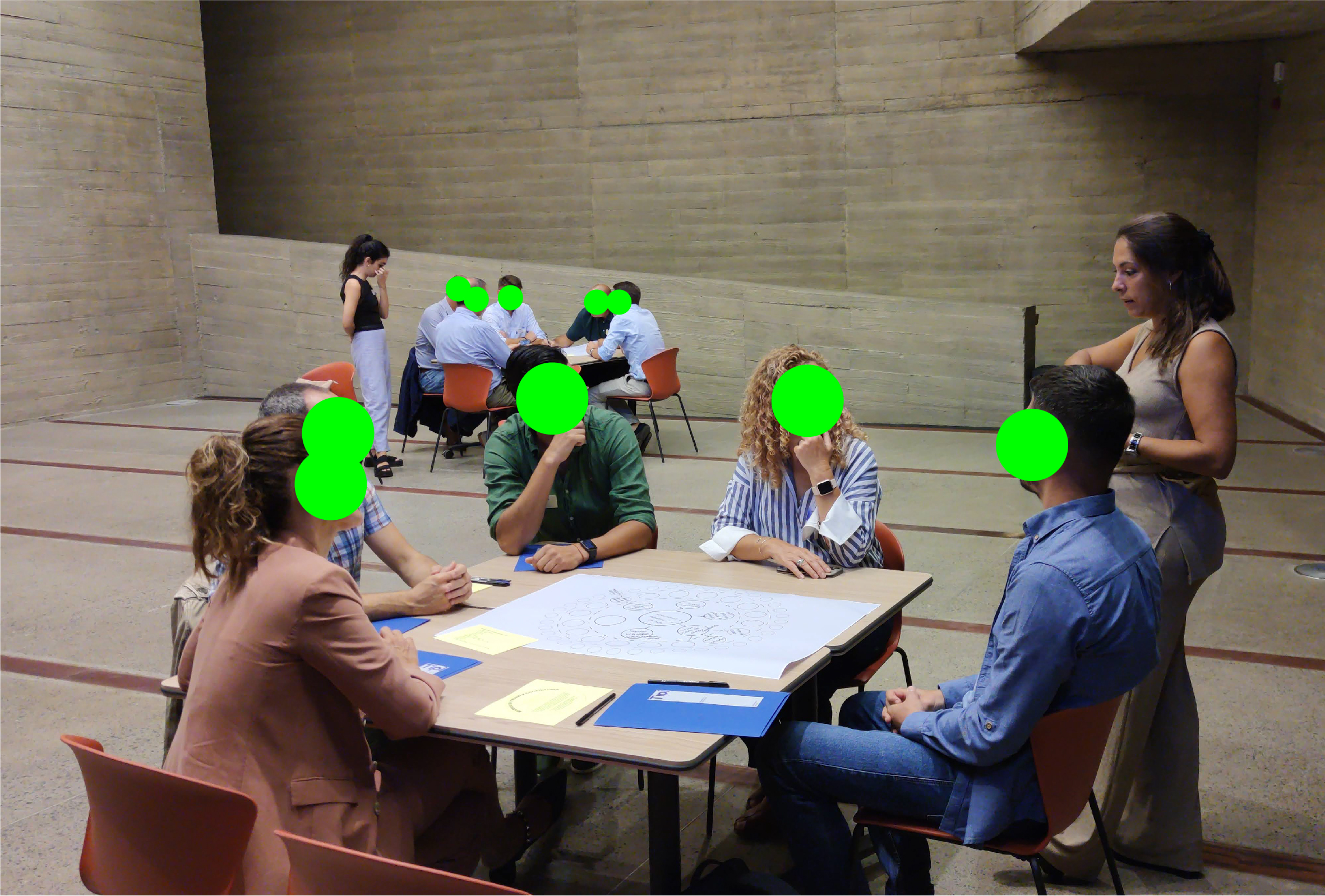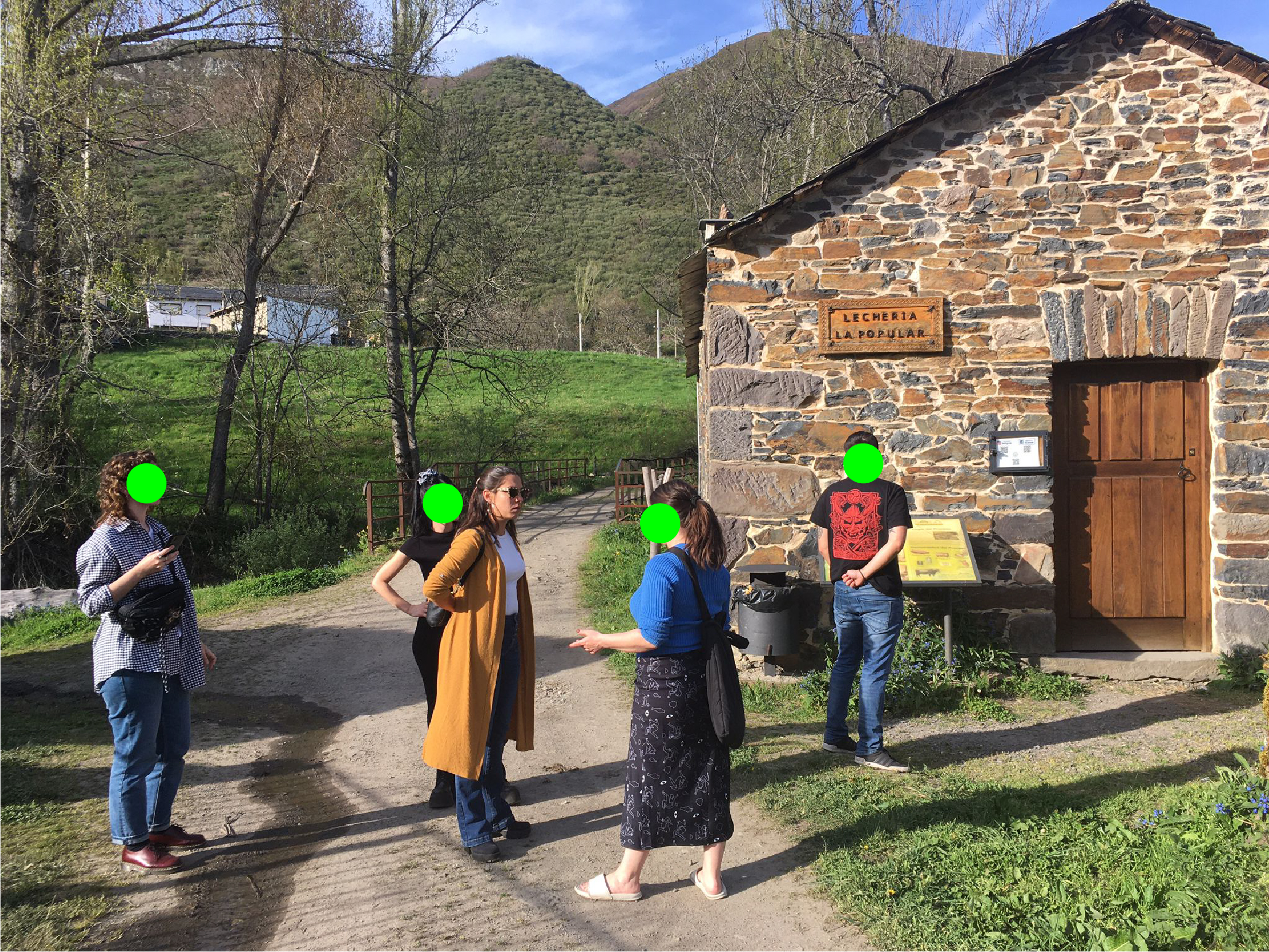The work, which began in 2021, was divided into two main phases. The first phase focused on research and activation of territorial social actors.
Regions
The project was based in three different Spanish regions, each one with a focus on a different type of tourism:

Puerto de la Cruz
Canarian island of Tenerife

Donosti-San Sebastián
Basque Country

Laciana Valley
Region of León
Process & Methodology
With a duration of eight consecutive months, the project was structured into three separate phases:

Research
In this phase, both the PESTLE analysis and the elaboration of local stakeholder maps were aimed at:
- understanding environmental key factors,
- identifying hot topics and
- building local stakeholder maps.




Crowdsourcing
In this phase, participatory workshops and a Delphi survey were run in parallel, built upon and at the same time challenging the knowledge gathered in the previous phase.
- Participatory workshops
Stakeholders from each three touristic regions were invited to participatory workshops, where they were engaged in critical future-facing discussions and reflection processes. Nearly 40 stakeholders from different sectors intersecting with tourism took part in these activities
- Delphi survey
In total, 27 experts from the academic and professional tourism sector in Spain took part in an online Delphi survey, providing wisdom about a wide range of topics that may be impacting possible futures of tourism in the country.
Within the stakeholder workshops and Delphi survey, a futures framework was adopted that helped pave the way into imagined futures – both perceived as desirable but also as possible or even likely.
Storytelling
The results were used as the fundament for building six future scenarios, visualised as a written narrative accompanied by an illustration.
Each scenario is composed of an engaging story, providing glimpses into a desirable future world of tourism. They represent an explicit future vision of how things may turn out on the path of transitioning towards more sustainable models of tourism. Each future story, together with its illustration, includes pathways of transformation while maintaining recognisable elements of the present territory it depicts, facilitating the identification of possibilities for change.

Outcomes
Building up and strengthening local stakeholder networks and generating ideas for future sustainable tourism(s).
Gathering of key insights on desirable, possible and likely future developments of tourism in Spain.
Identification and discussion of needs, desires, worries and attitudes of tourism stakeholders – in its complexity and diversity.
Six future scenarios to inspire can activate communities, organisations and citizens to define measures that accelerate the transformation towards a better, more sustainable tourism.